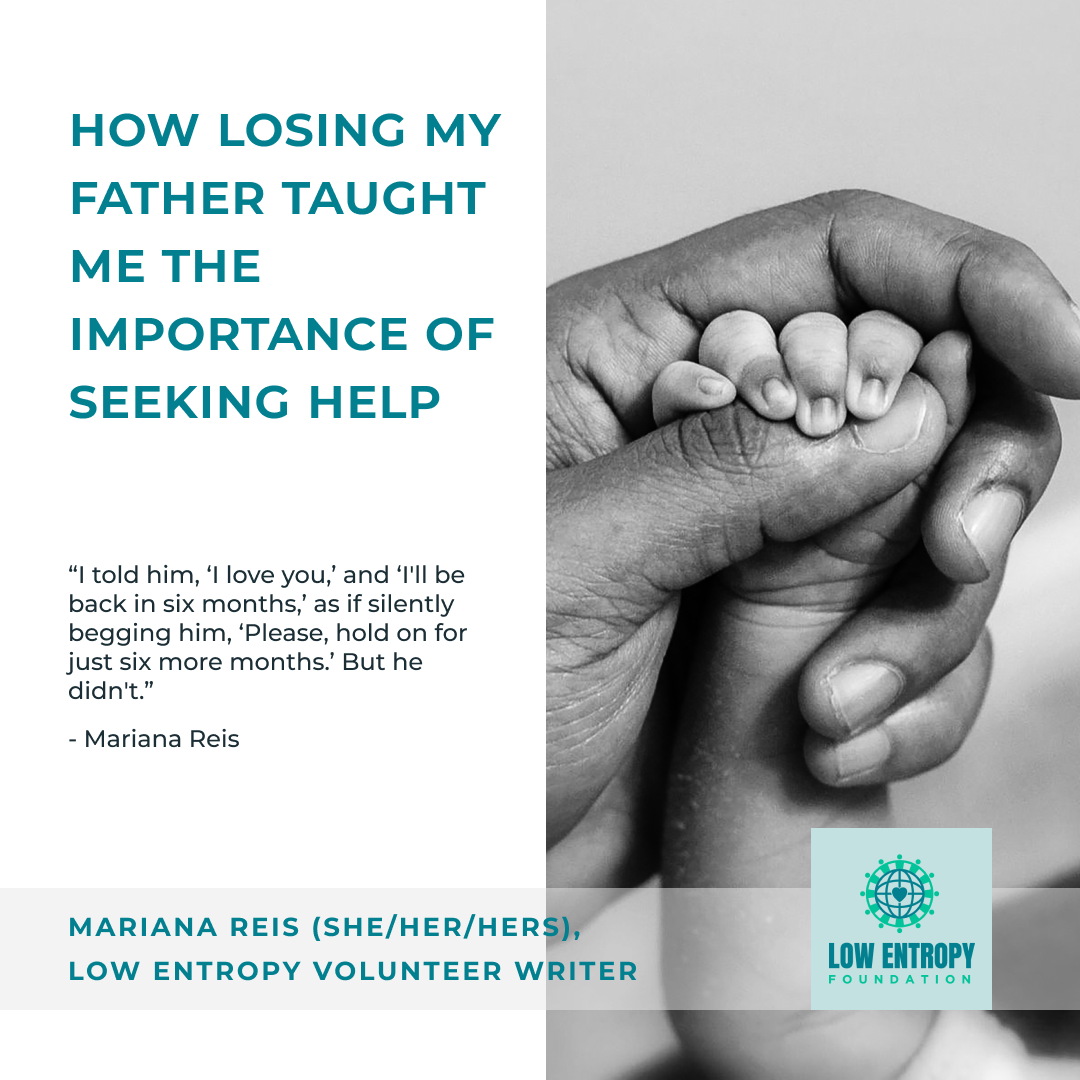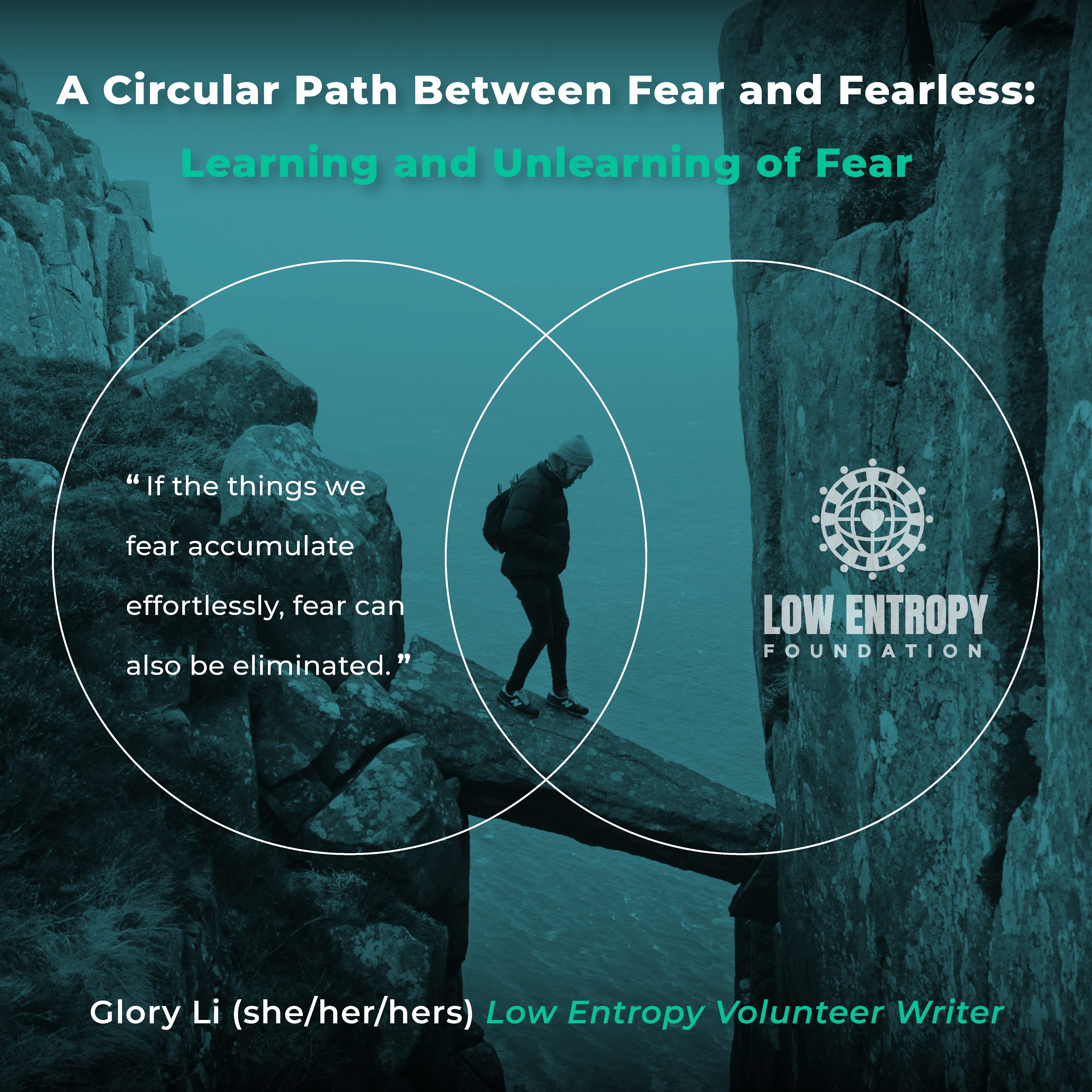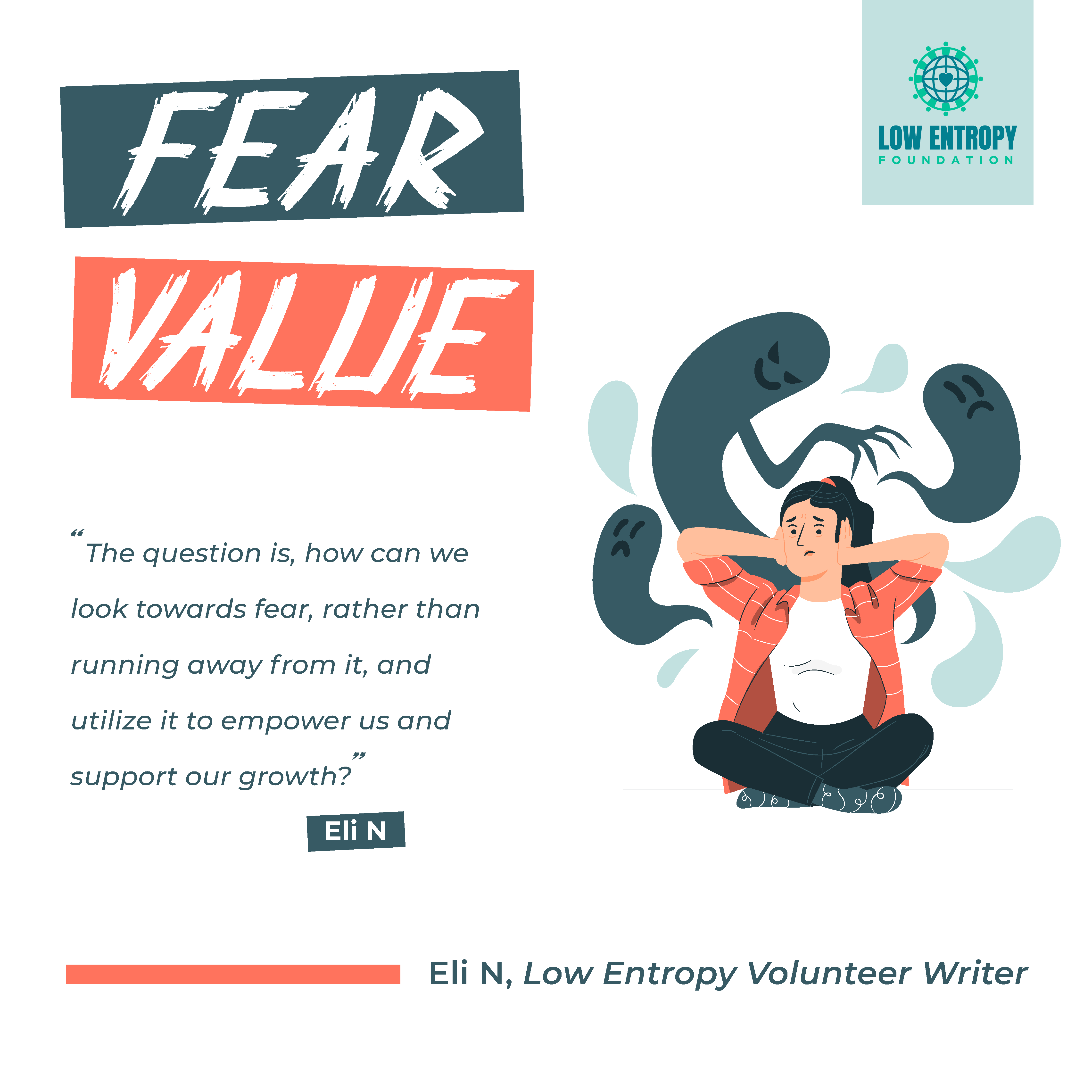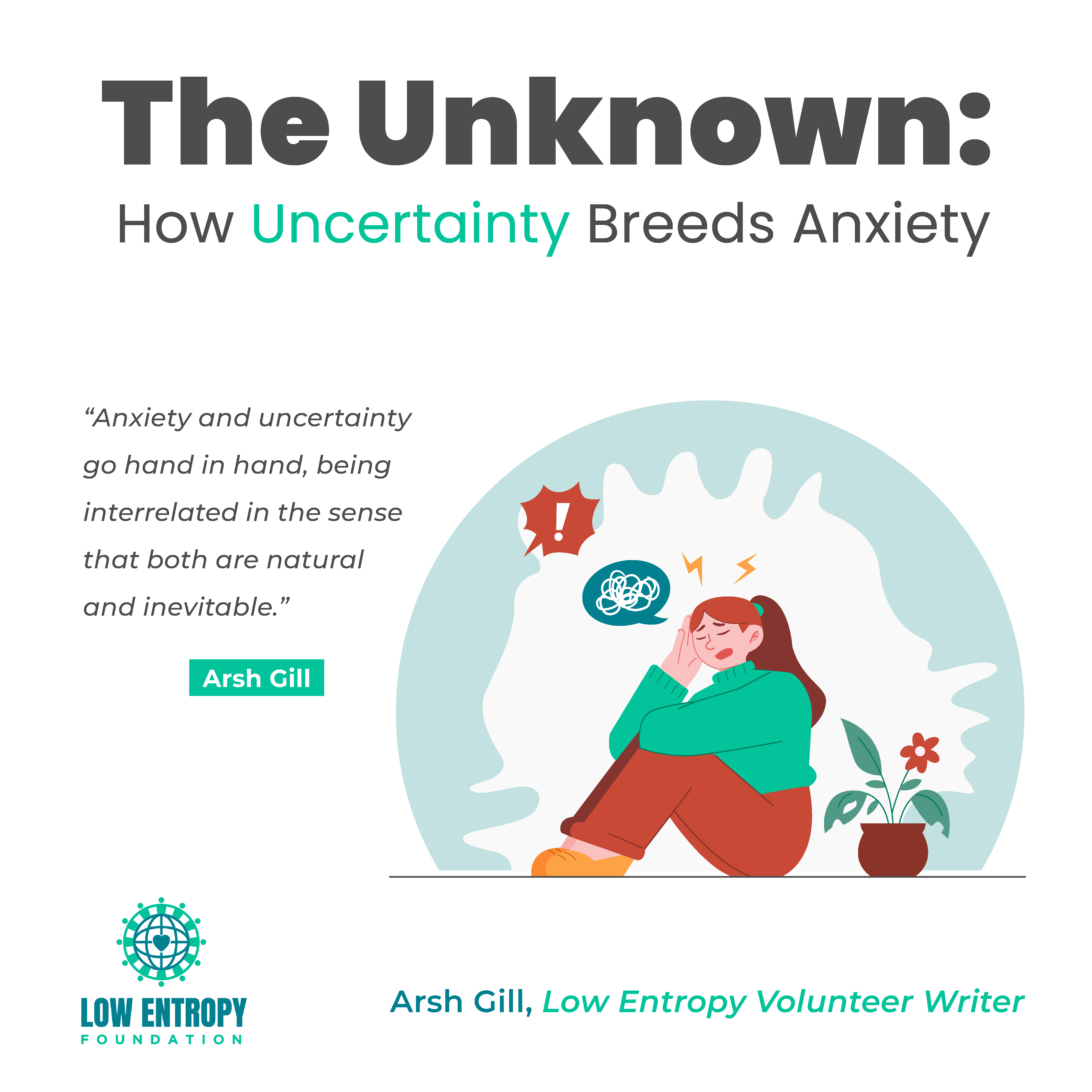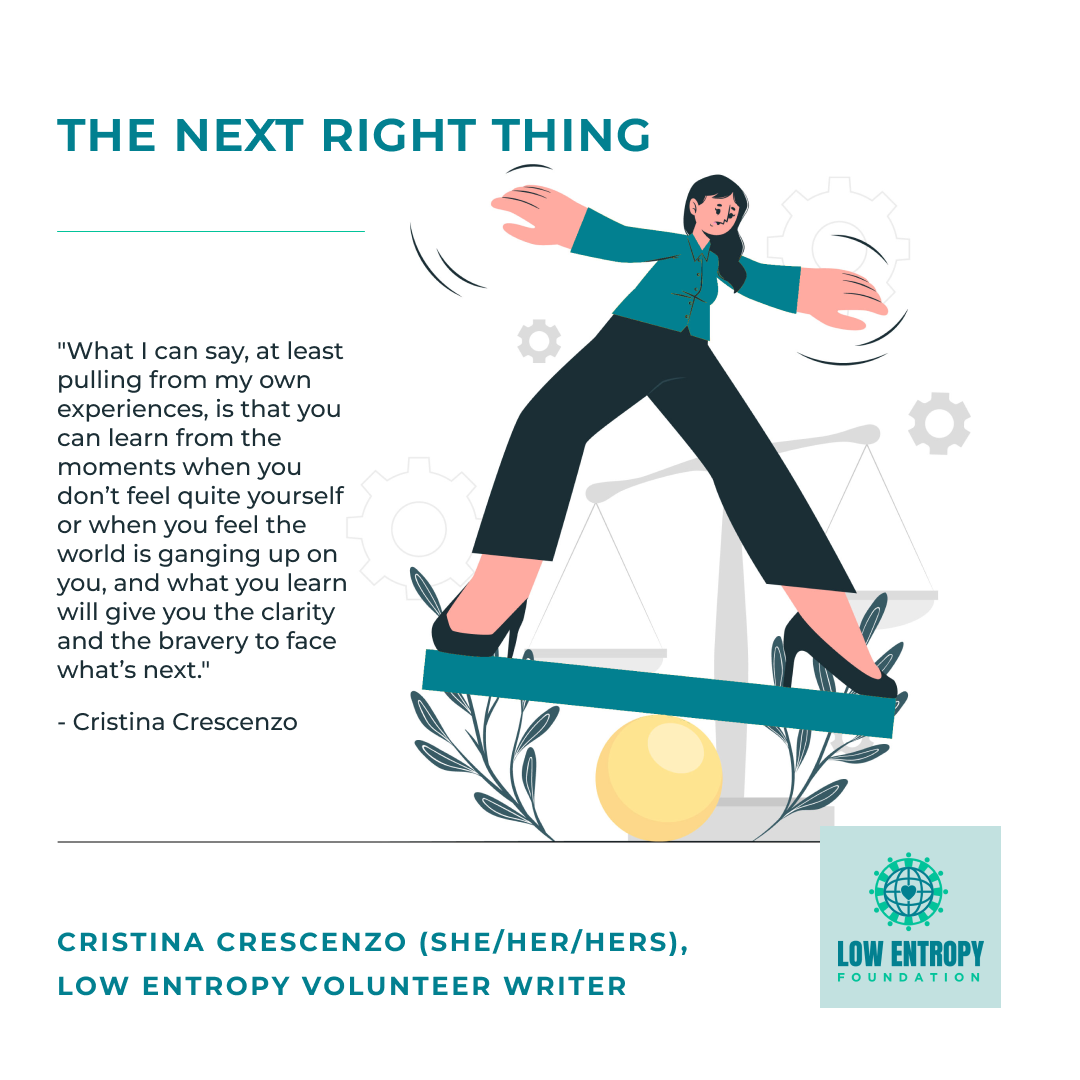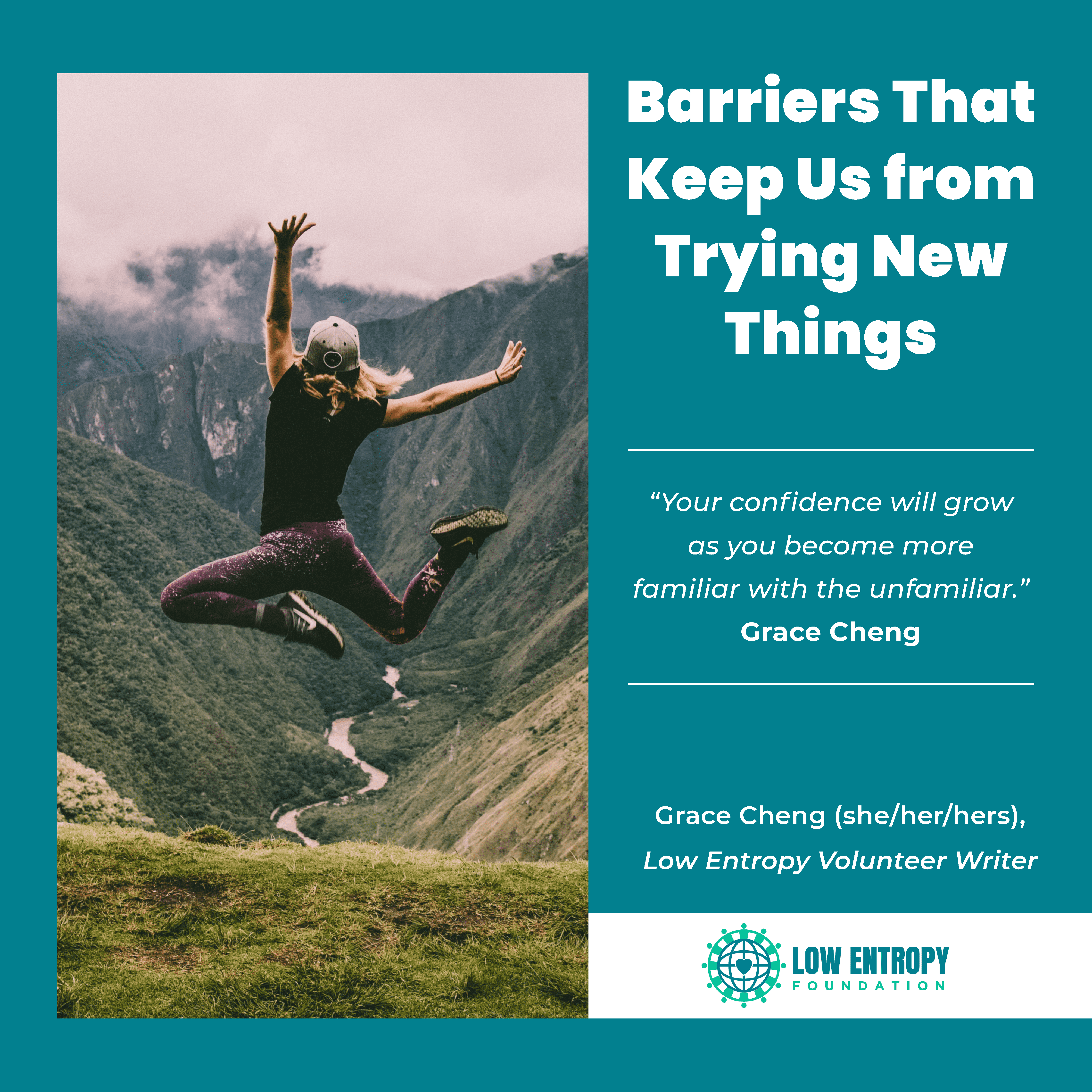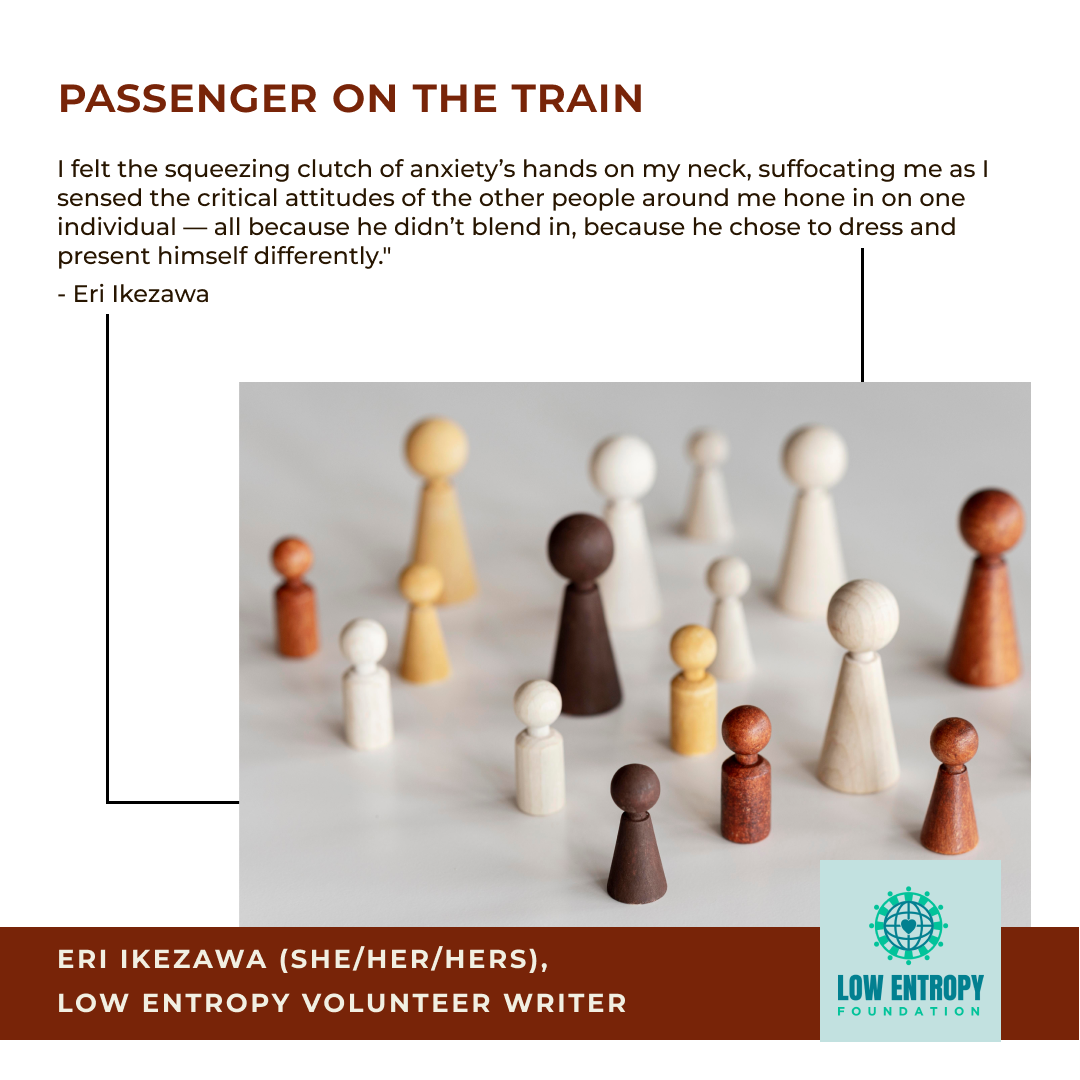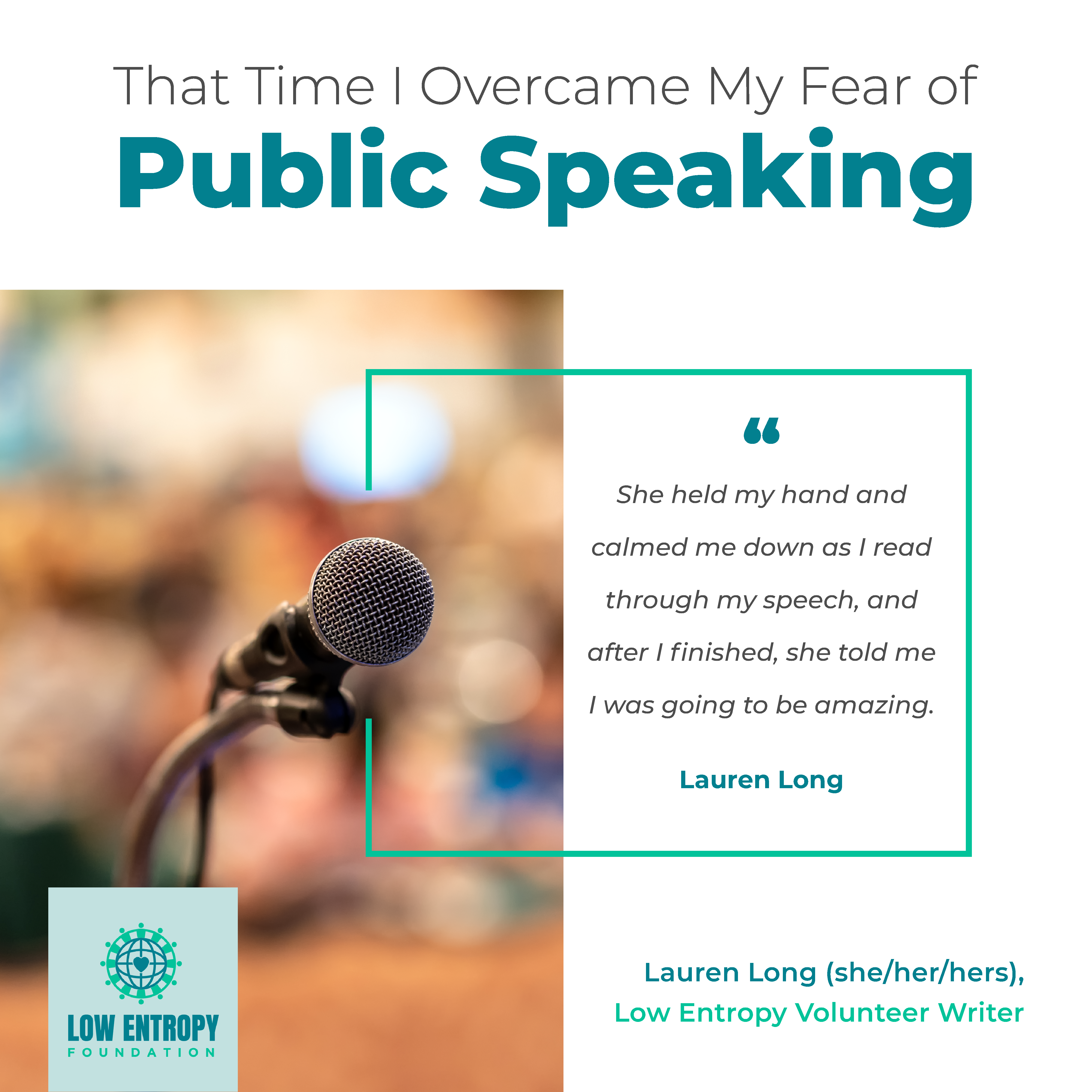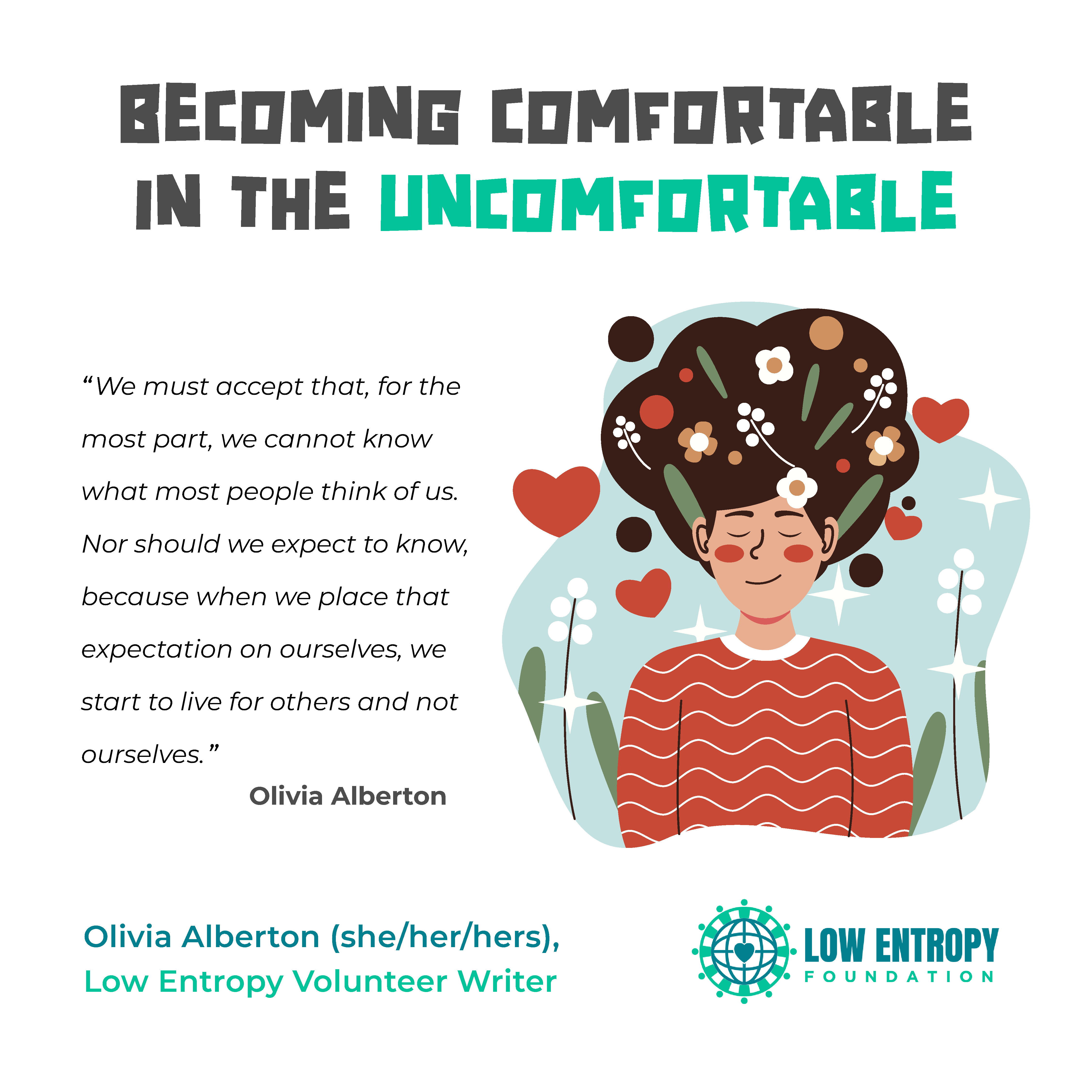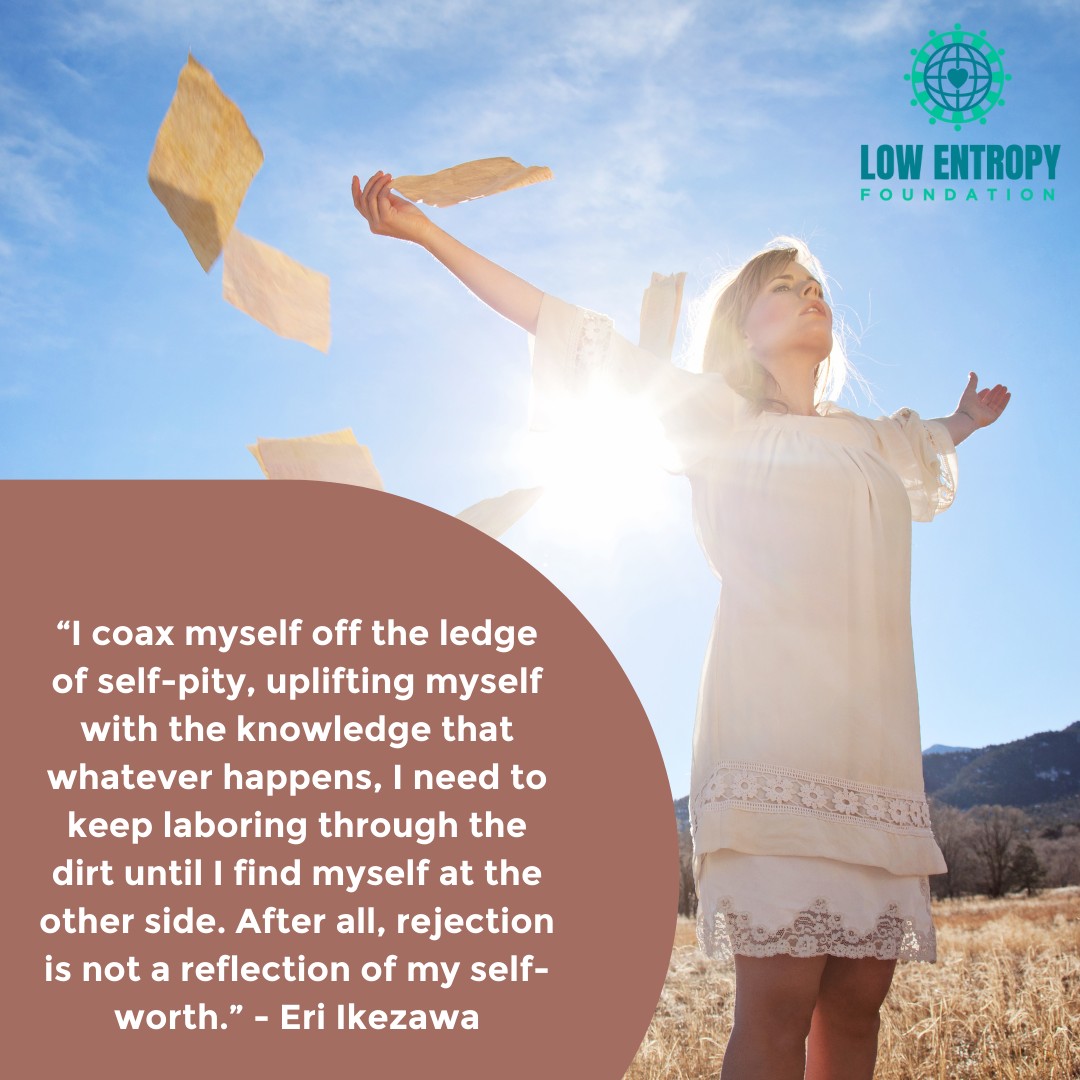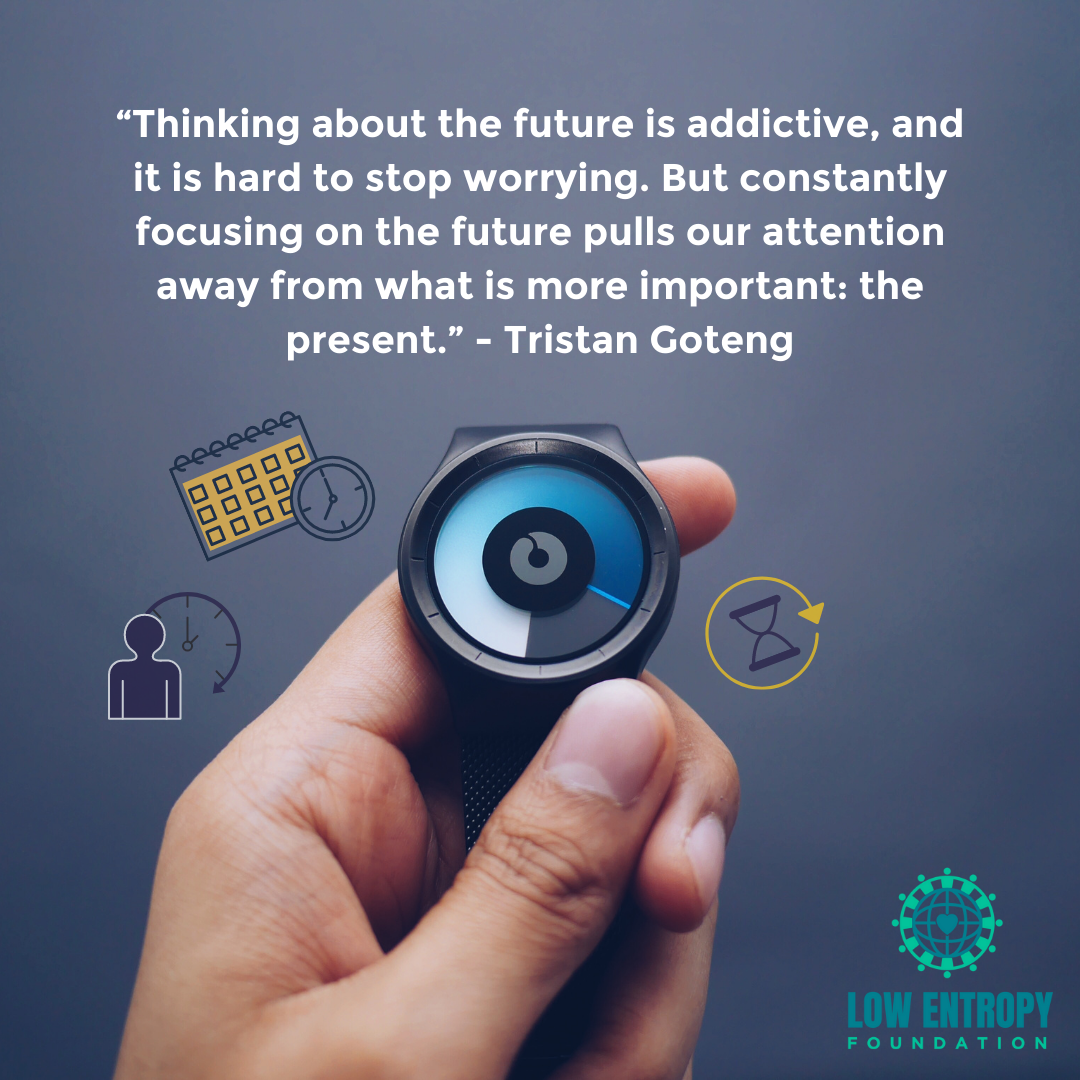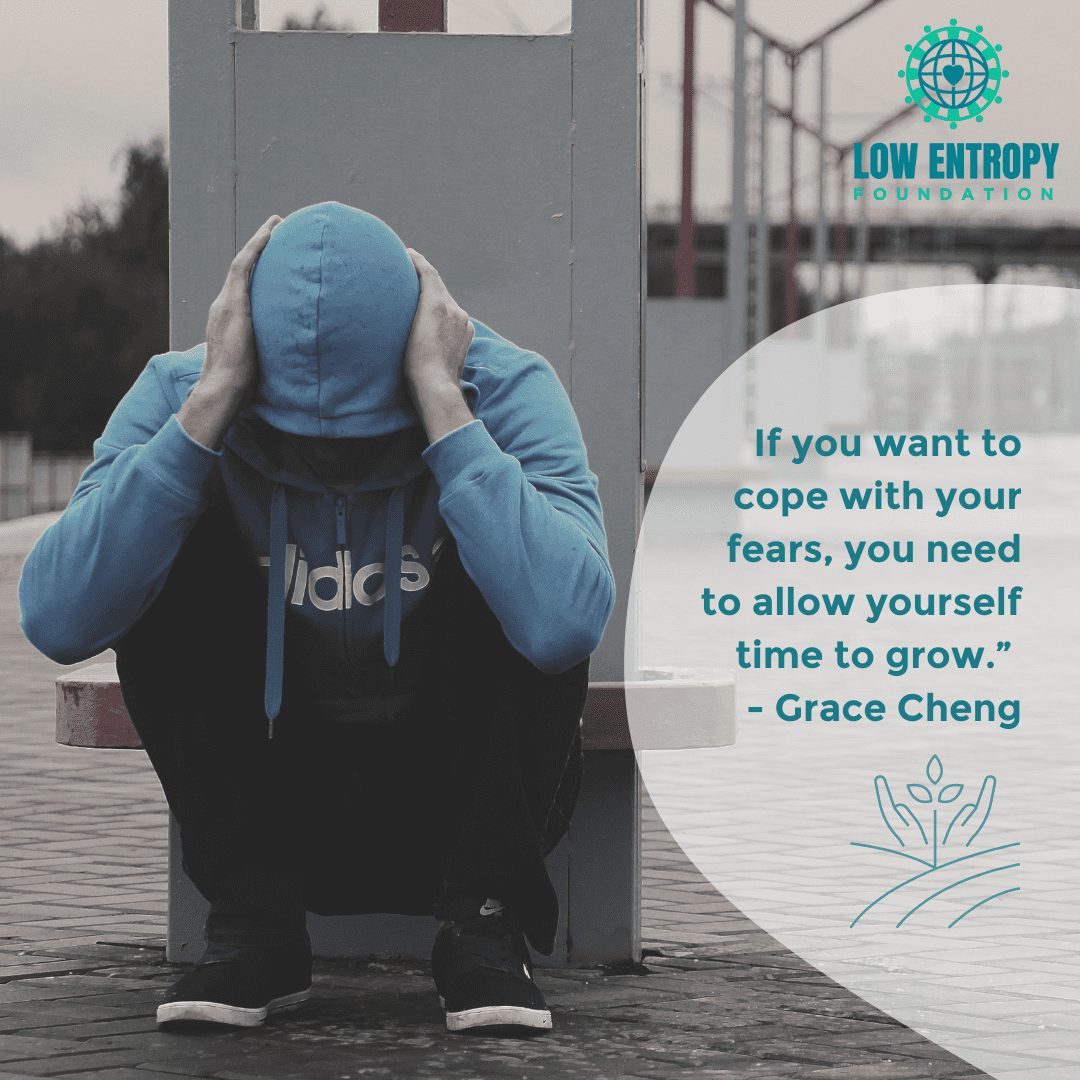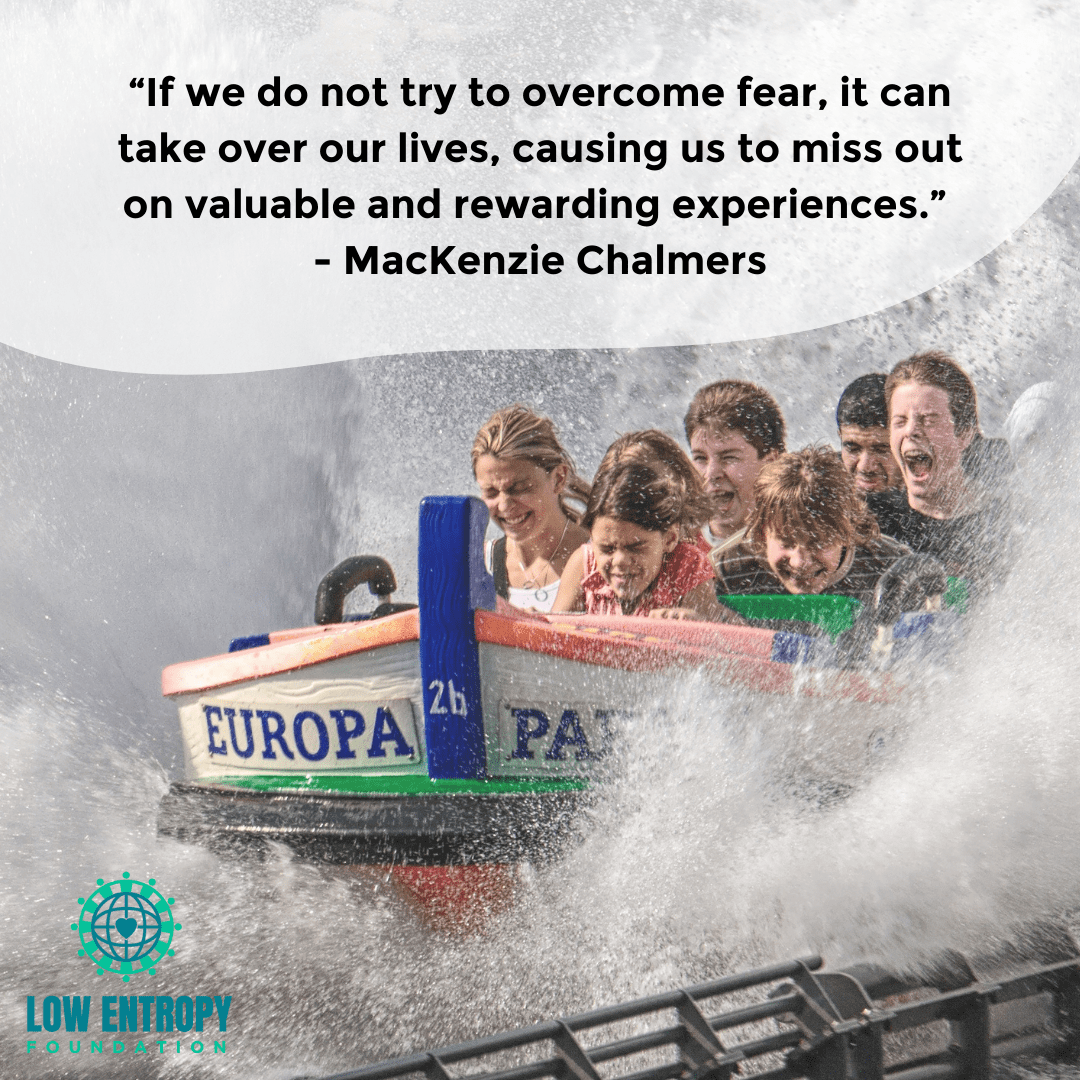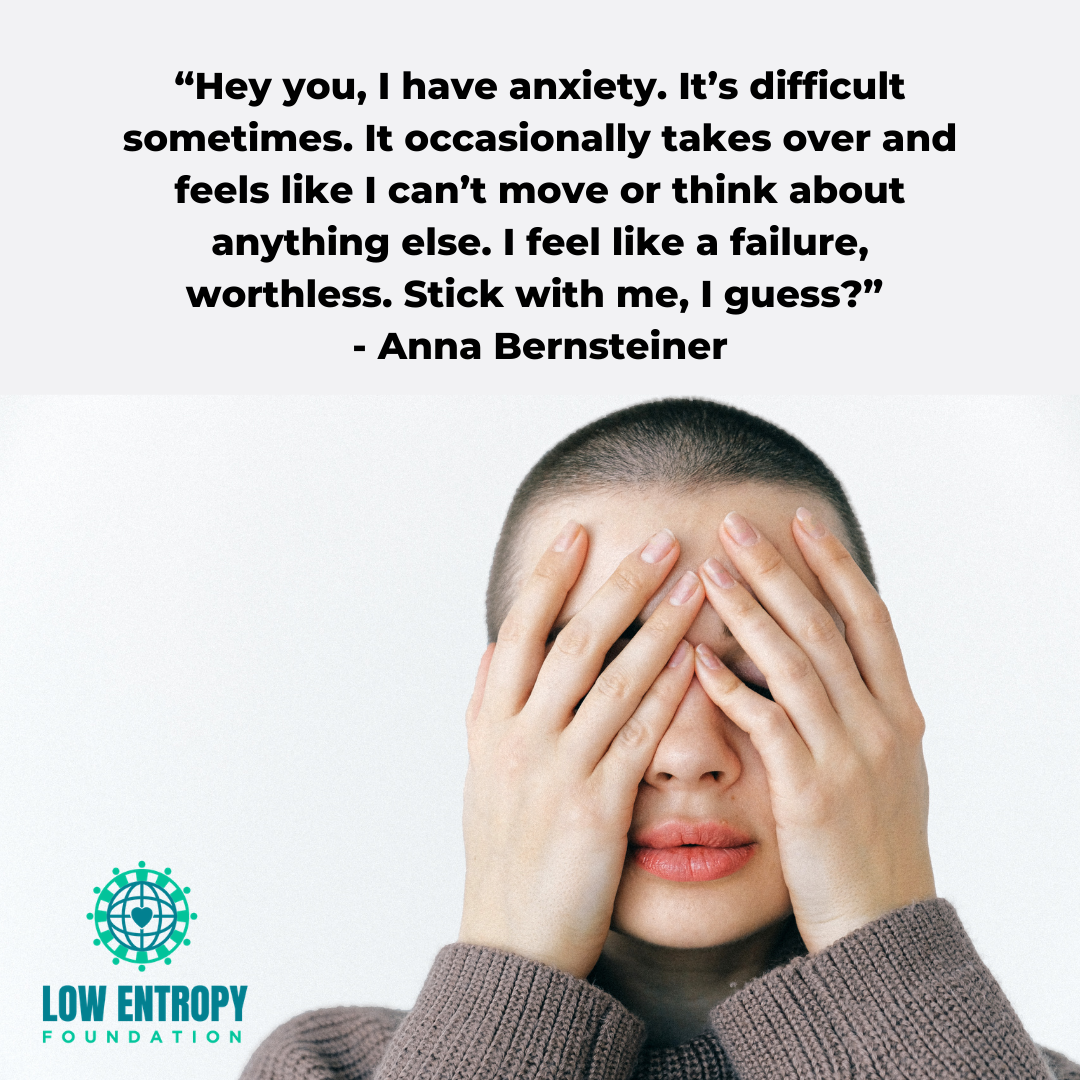Mariana Reis (she/her/hers), Low Entropy Volunteer Writer
I wasn’t introduced to the real-life concept of dependence until very recently, and it left me in awe of how delicate life truly is. I used to view the struggles of others as something distant from my own reality, feeling grateful that my family seemed shielded from such trials. I couldn’t have been more mistaken.
I grew up in a family that, while loving, was far from perfect. My parents divorced when I was just 12, and soon after I started working to assist my mother in supporting our family. My father, though still a presence in our lives, couldn’t provide the financial support he once did. He was untrustworthy in business and financial matters, which led my sisters and mother to distance themselves from him. But for some inexplicable reason, I maintained a connection with him. He was there for some of the most pivotal moments in my life, like when I bought my first car, graduated from university and secured my first job. He even walked me down the aisle at my wedding. He was there until he wasn’t.
Not long after my graduation, my husband and I decided to move to Canada, while my father chose to relocate to the countryside with his new wife. This move further distanced him from my sisters, and my absence intensified his feelings of loneliness. Every visit back home left me with a deep sense that he was drowning in his troubles, growing lonelier and sadder. He had always enjoyed a drink, but I’d never seen him drunk. Nevertheless, I sensed that he was spiralling into a dark place. I, too, was battling my own demons — perinatal depression, feelings of rejection, loneliness and marital struggles. Perhaps that was why I couldn’t provide him with the attention he needed. It wasn’t clear to me, or anyone, how delicate the situation was. He refused to acknowledge that he might have a problem, even after losing his driver’s license due to a DUI.
On my last visit, I saw myself mirrored in him — that sense of failure, disconnection from the world, and feeling of inadequacy and deep sadness. I told him, “I love you,” and “I’ll be back in six months,” as if silently begging him, “Please, hold on for just six more months.” But he didn’t. Less than two weeks after my return to Canada, he succumbed to alcohol poisoning, alone in his house. He had a small, sombre funeral, and there he remained, alone. It felt as if I were the only one who truly understood the torment he was enduring towards the end. I could blame myself endlessly, but it wouldn’t change anything. The fact remains that he never explicitly reached out for help, nor accepted that he had a condition that needed care.
We often believe that seeking help shows weakness, but that’s far from the truth. It takes immense strength to admit our vulnerabilities and seek assistance. It requires courage to confront our problems and climb out of the abyss, and it’s undeniably more challenging to do it alone. I wish my father had sought help, and I wish I had recognized sooner just how life-threatening his situation had become. While I couldn’t save him, his tragic loss has taught me that I, too, must voice my struggles and let those around me know when I’m in need. Although I couldn’t rescue him, perhaps I can positively impact those around me by sharing this important lesson.
—
My name is Mariana and I am a holistic nutritionist. I love helping other immigrant mothers by cooking nutritious meals to support their postpartum recovery. As I walk the path of self-discovery and inner reconnection, my hope is to continue forging meaningful connections and seeking opportunities to support and uplift others.







